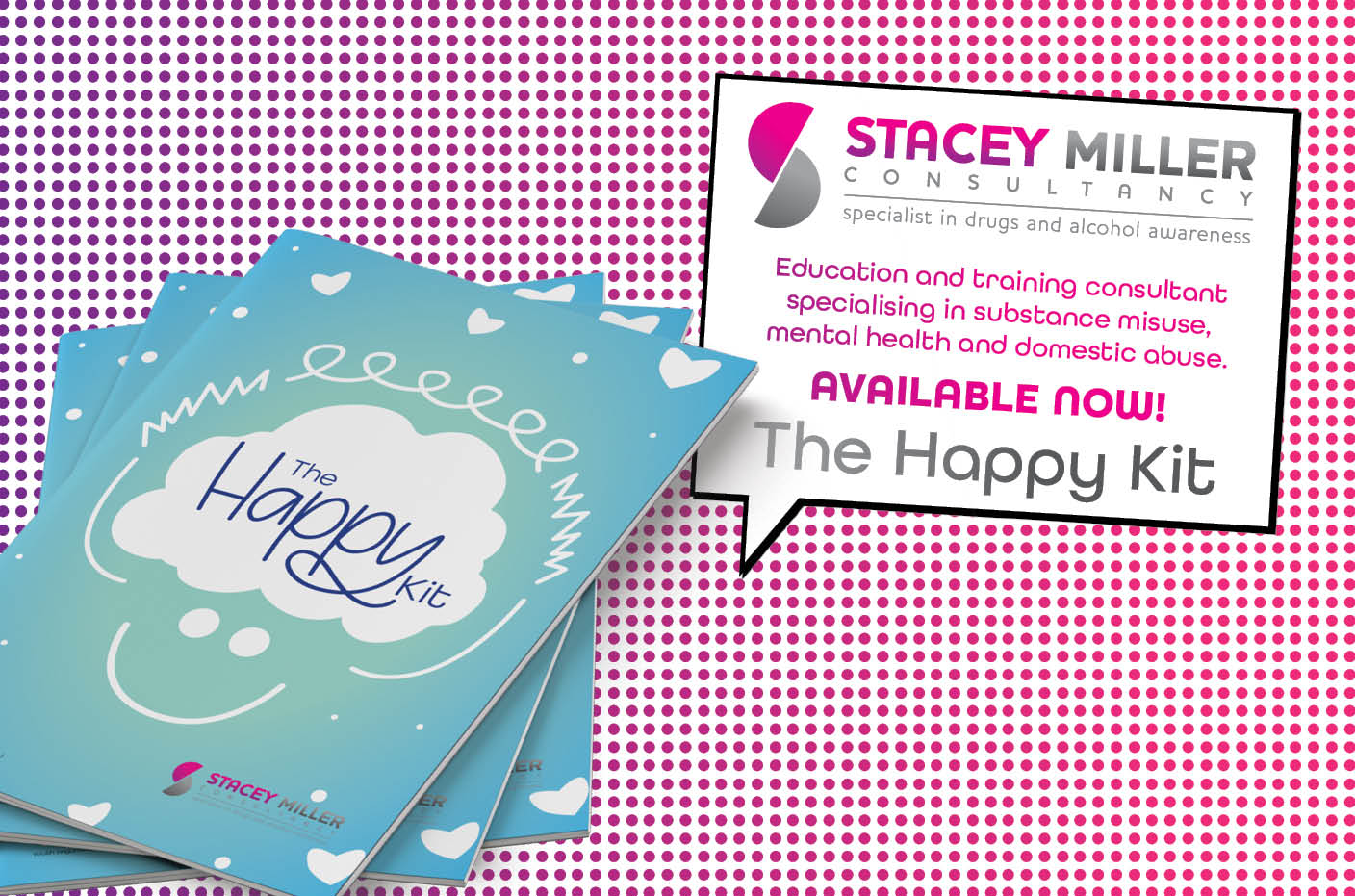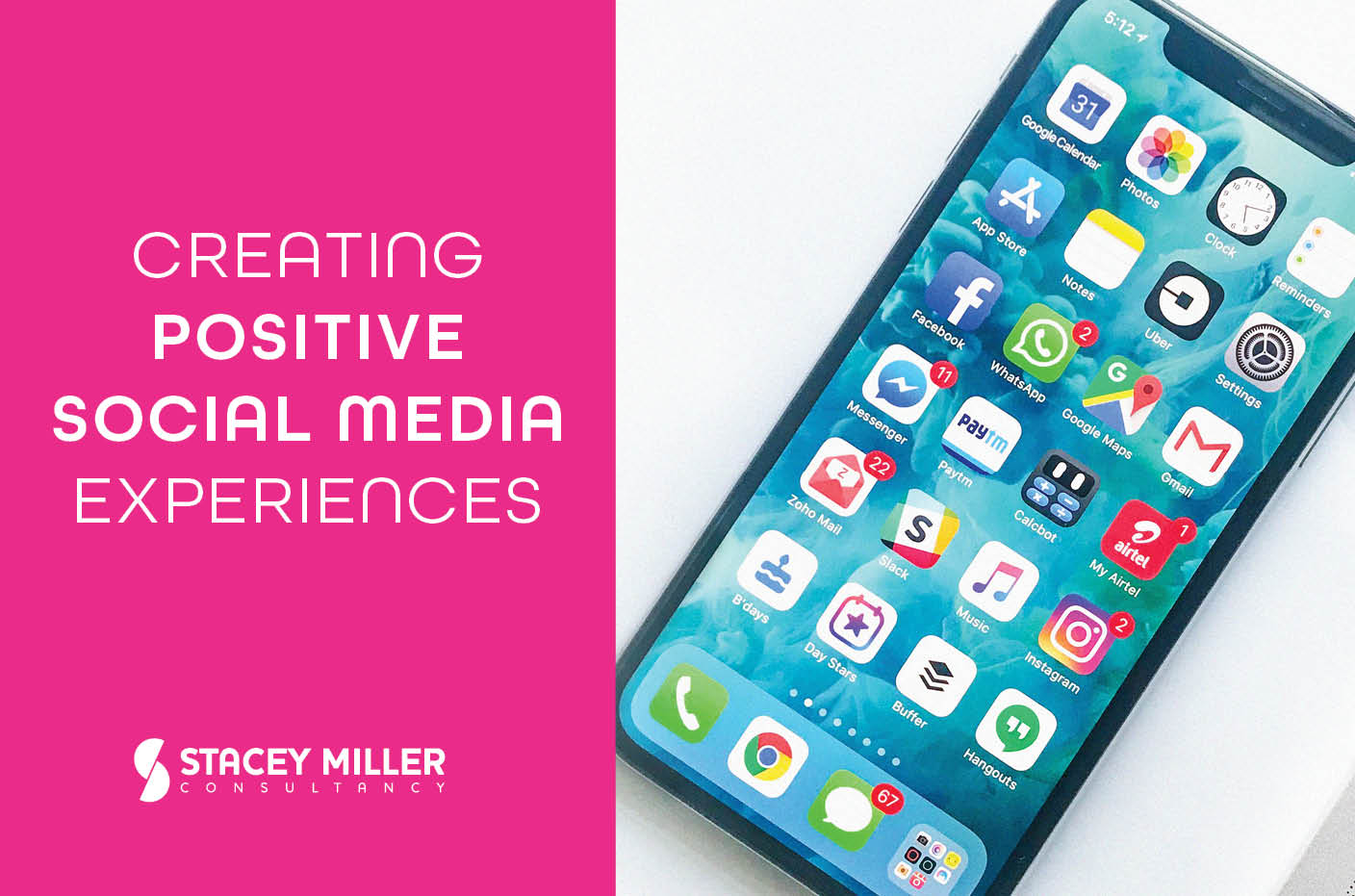
Transforming Your Thinking through Cognitive Behavioural Therapy
As a freelance trainer, specialising in mental health and substance use, I have professional and personal experience of everything I teach and last year I was fortunate to receive cognitive behavioural therapy (CBT) for a binge eating disorder.
Around the same time, I was also approached by a substance use service in Dorset to ask if I could write a day course on CBT, as such a course didn’t exist – only diplomas and beyond. I couldn’t quite believe it and sure enough with research, I too couldn’t find such a course.Through my personal experience and through writing my training course, I want to share some knowledge that’s easy to understand and that may help people.
It’s important to clarify what CBT is. In a nutshell, it’s the most common talking therapy and works on the premise that what we think has an impact on how we behave, which if you think about it makes a lot of sense. For example, I used to hold a belief that I couldn’t eat after 7pm because if I did, I would put on weight. This was for a few reasons such as being inactive in the evening meant I couldn’t burn off the calories and that I would need to eat a second meal around 4pm because I would get too hungry if having to wait after 7pm.
My behaviour, as a result, was too avoid social food situations which was difficult for me as I am usually a social person but my friends and family like to eat. This belief led to me having a stupid amount of anxiety when I had to go out for dinner or around my partner’s parents house who like to eat around 8.30pm. It sounds silly really but that’s my point, it’s a belief, not a fact and we all have them.
If we keep to my stupid eating before 7pm belief, you will see that this is a few of these unhelpful thinking styles. I ‘jumped to the conclusion’ that if I ate late, I would put on weight and I also ‘disqualifying the positive‘ where my mind conveniently forgot about all the good fun times I had with friends and family when I did eat late and didn’t put any weight on.
So once you are more aware or mindful of them and they will be very individual to you, you can then start to challenge them or use a pros and cons table such as:
| THINKING STYLE | EVIDENCE FOR | EVIDENCE AGAINST | BALANCED AGAINST |
| I will put on weight if I eat after 7pm (jumping to conclusions). | I don’t exercise in the evenings so therefore I wont be able to burn the calories off. | My weight has not changed after social gatherings that involve eating late. | The odd meal after 7pm isn’t going to hurt, I accept that people like eating late and that it can be social and enjoyable and the likelihood of it having an impact on how much I weigh is minimal. |
We have to be more aware of what CBT calls ‘negative automatic thoughts‘ then to ‘catch’ or challenge them. There are 10 different unhelpful thinking styles which are:
1. All or nothing – Believing that something or someone can be only good or bad, right or wrong, rather than anything in-between or ‘shades of grey’.
2. Overgeneralising – Seeing a pattern based upon a single event or being overly broad in drawn conclusions.
3. Mental filter – Only paying attention to certain types of evidence.
4. Disqualifying the positive – Discounting the good things that have happened.
5. Jumping to conclusions – Mind reading (imagining we know what others are thinking) and fortune telling (predicting the future).
6. Magnification or minimisation – Blowing things out of proportion or inappropriately shrinking something to make it less important.
7. Emotional reasoning – Assuming that because we feel a certain way what we think must be true.
8. Should/must thinking – Using critical words like ‘should’, ‘must’, or ‘ought’ can make us feel guilty or like we have failed.
9. Labelling – Assigning labels to ourselves and other people.
10. Personalisation – Blaming yourself or taking responsibility for something that wasn’t your fault. Conversely, blaming other people for something that was your fault
Have a go at this yourself to help you transform your thinking through cognitive behavioural therapy. If you are not sure, try it as a behavioural experiment. This ‘experiment’ can test your theory probably proving that it’s just a silly belief and not fact. Doing this tweaks our way of thinking and can rewire the brain to think more positively and have a huge impact on our day to day life.
Originally written for Psychreg: http://www.psychreg.org/transforming-thinking-cognitive-behavioural-therapy/


